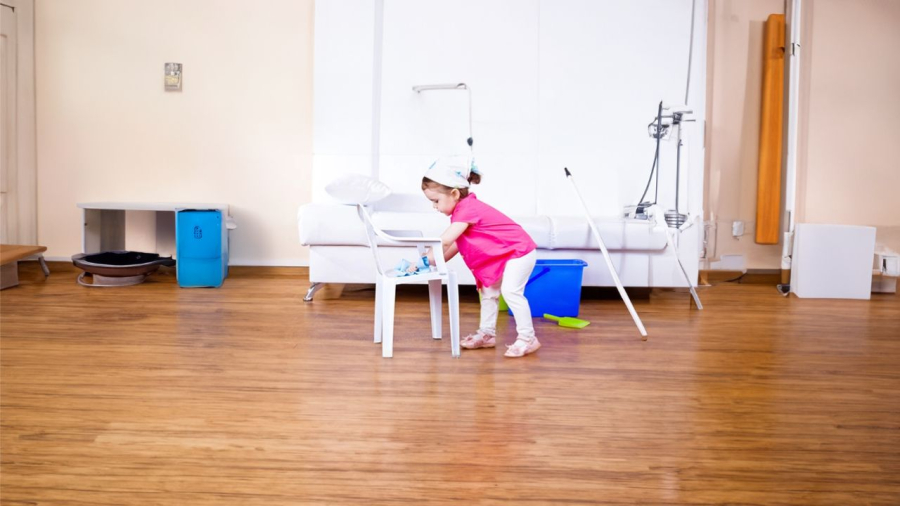Self-reliant from a young age
A Harvard University survey of 1,000 successful entrepreneurs aged 24-25 revealed that 85% of them were self-reliant from a very young age. Analysts attribute their success to their independent nature and ability to accurately and quickly grasp situations. Such character is often formed during one’s childhood.
According to experts, self-reliance can be instilled in children as young as two years old. This is manifested when children start taking care of their personal tasks without parental intervention, such as feeding themselves or dressing independently, requiring minimal reminders from adults.

Early self-reliance increases chances of success
Eager to help with household chores
In 1938, a Harvard University scholar surveyed 456 adolescents and found that those who participated in household chores from a young age were more likely to succeed. The survey revealed a 15:1 employment rate in favor of children who did chores versus those who didn’t, and a 1:10 crime rate.
Doing chores early on instills skills, independent thinking, a sense of responsibility, and a strong work ethic in children. It also helps them develop a pleasant disposition and the ability to adapt to different tasks.
Uninfluenced by others’ emotions
Children who remain unaffected by others’ emotions are often those who can regulate their own emotions and approach situations rationally. Successful individuals are known for their rational approach to work, ensuring that their emotions do not cloud their judgment or problem-solving abilities. If your child displays emotional resilience, rarely cries when criticized, and maintains a positive attitude, congratulations—they’re on the right track!

Emotionally intelligent children tend to perform well
Self-discipline and self-control
Children who are taught discipline and how to regulate their behavior are more likely to be well-liked wherever they go. As they grow up, these children find it easier to get along with others and display leadership qualities. They are often identified by their ability to complete tasks within a set time frame and their resistance to snacks without permission.
Flexible thinking
Quick-witted and active children who think outside the box, ask unexpected questions, and approach problems uniquely are often self-reliant and stand out. Some children have a different perspective from a young age, enabling them to consider multiple angles and find solutions to problems.
Child psychology experts suggest that the essence of cognitive development lies in enhancing cognitive flexibility. Parents can aid their children’s cognitive flexibility by engaging them in brain games and encouraging reading.
Learning Tips for Parents: 12 Japanese Techniques to Use with Your Children
Discover the 12 principles of teaching children in the traditional Japanese way that parents can learn with Dien May XANH! By instilling these principles when your children are young, you can ensure that they grow up to be obedient, smart and polite, the hallmarks of a successful education in Japan.



































